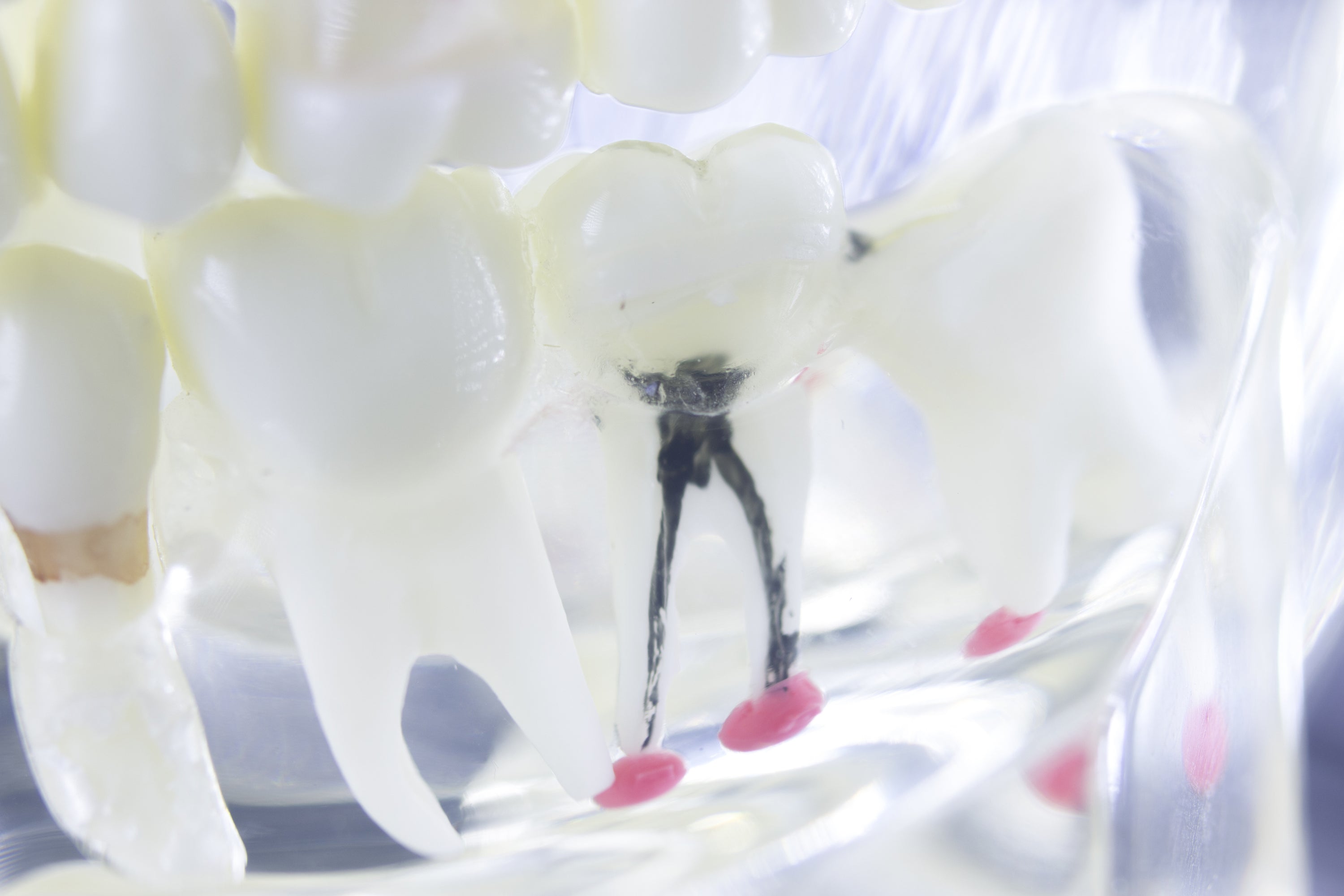Root Canals

Have you ever wondered what exactly a root canal is and why it's necessary? Let's delve into the science behind this common dental procedure.
What is a root canal?
A root canal is a treatment used to repair and save a tooth that is badly decayed or infected. During a root canal procedure, the nerve and pulp are removed, and the inside of the tooth is cleaned and sealed to prevent further infection.
Why is a root canal necessary?
When the pulp inside a tooth becomes infected or inflamed, it can cause severe pain and lead to an abscess if left untreated. A root canal is necessary to remove the infected tissue and save the tooth from extraction.
How is a root canal performed?
First, the dentist will numb the area around the tooth to ensure the patient is comfortable during the procedure. Then, they will create an opening in the tooth to access the infected pulp. The pulp is removed, and the inside of the tooth is cleaned and sealed with a filling or crown.
What are the benefits of a root canal?
Root canals have a high success rate and can save a tooth that would otherwise need to be extracted. By preserving the natural tooth, patients can maintain proper chewing function and avoid the need for more extensive dental work in the future.
Are root canals painful?
Contrary to popular belief, root canals are not as painful as they are often portrayed. With modern anesthesia and techniques, patients can undergo a root canal with minimal discomfort. Most patients report feeling relief from the pain and discomfort they experienced before the procedure.
Overall, root canals are a crucial dental procedure that can save a tooth from extraction and alleviate pain and infection. If you are experiencing tooth pain or sensitivity, consult with your dentist to see if a root canal may be necessary.








